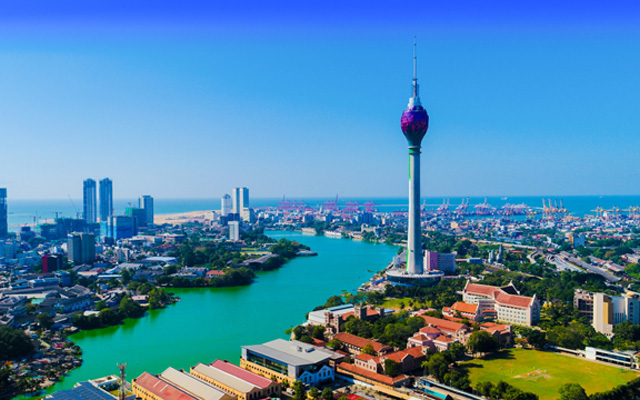An estimated 90 per cent of business events bookings in Sri Lanka have either been postponed, cancelled or put on hold for the next two months of May and June due to the Easter Sunday bombings, informed the country’s MICE officials.
Sunil Dissanayake, director and CEO at Bandaranaike Memorial International Conference Hall (BMICH) – the country’s largest conference and exhibition centre – said that there were postponements of events after April 22, a day after the bomb explosions.

Dissanayake added that the 18th Conference of the Parties to the Convention on International Trade in Endangered Species of Wild Fauna and Flora, which was originally scheduled from May 23 to June 3 and would had drawn 4,500 delegates from some 180 countries, is another major event that has postponed. The conference has been tentatively moved to September this year, but a final decision will be made by the organisers next week.
Due to the postponements, Dissanayake noted there had been a drop of 12 million rupees (US$69,000) in revenue, despite a pickup in bookings from May onwards. Further ahead, the World HR Congress with the participation of 2,000 people from 40 countries is also confirmed for July 2020.
Meanwhile, for Aasim Mukthar, CEO at Lanka Exhibition & Conference Services (LECS), said that most meetings in May and June for LECS have been postponed or cancelled.
“We have events in July which we are going ahead with,” he shared, adding that it’s too early to talk about future cancellations.
“We have been informed of several postponements, cancellations or events (that have been) placed on hold,” said a worried senior official, who declined to be named, at the Sri Lanka Convention Bureau (SLCB). For instance, a 1,000-pax event by a local operator due to be held in July has been postponed.
The bureau official added that while the security situation has improved, foreign tour operators were not taking chances due to heightened travel warnings by several countries – such as UK, US, India, China and Canada – urging their nationals to avoid non-essential travel to Sri Lanka.
Sri Lankan tourism officials estimate cancellations could be as high as 50 per cent in coming months as the country limps towards normalcy. Officials added that the ambitious target of three million arrivals this year, against 2.3 million in 2018, would have to be sharply revised due to the crisis.
At least 250 people including 40 tourists were killed in Easter Sunday attacks on three churches and three luxury hotels across the island. The Islamic State has claimed responsibility for the attacks.





















